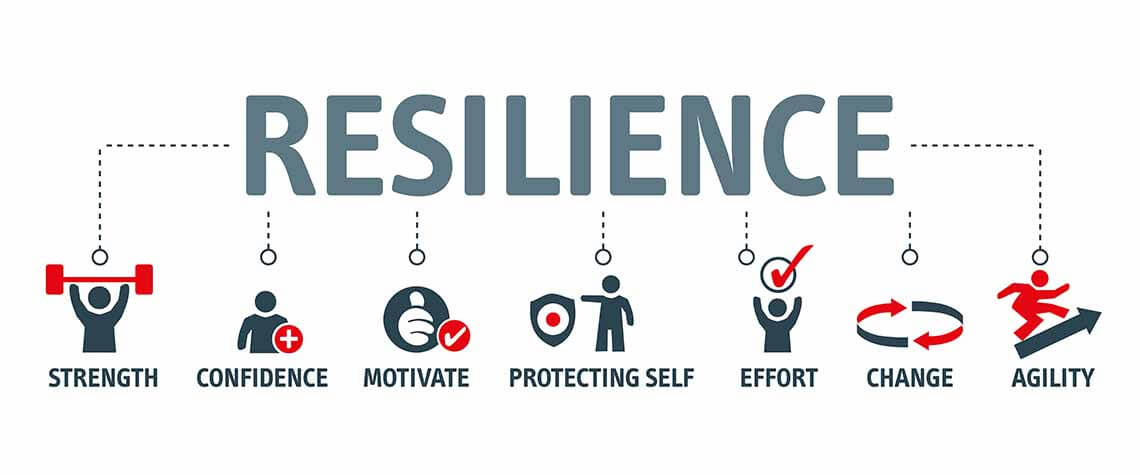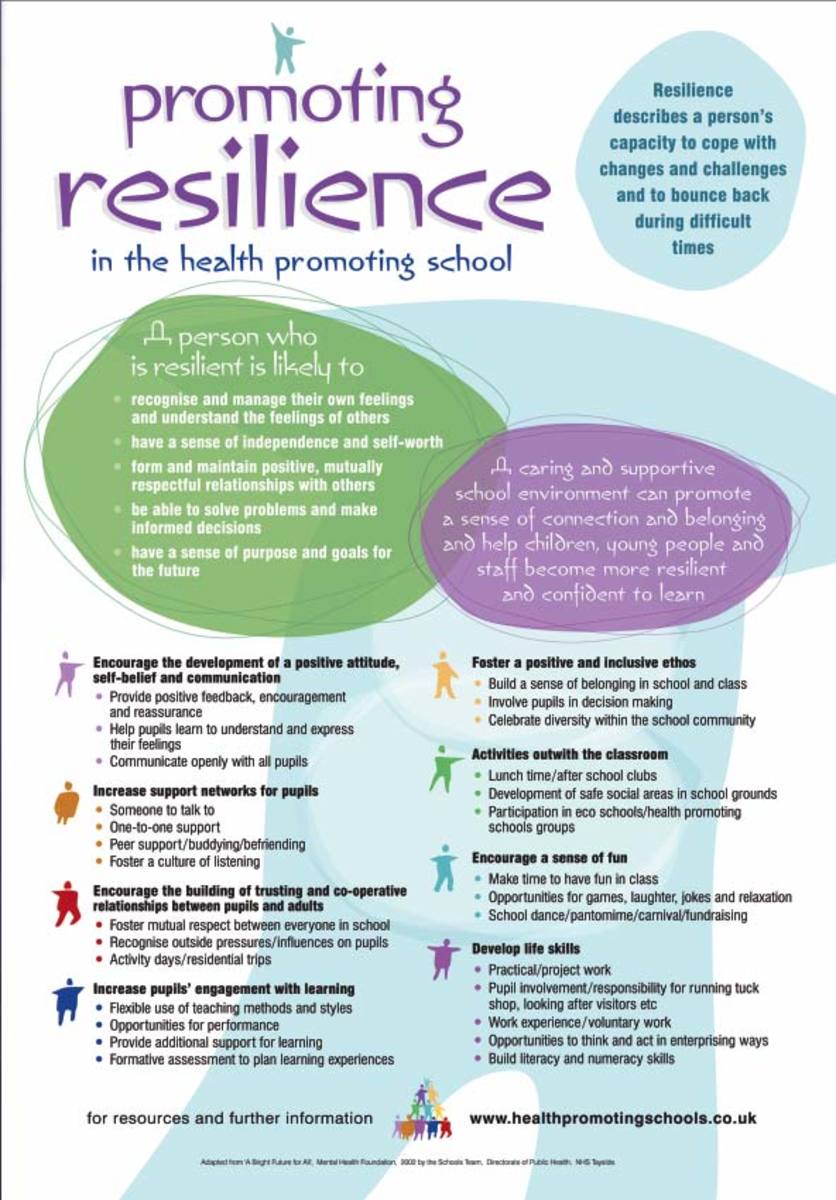
Build a Resilient Body & Mind: The Complete Guide to Nutritional Resilience
Our bodies are incredible machines, constantly adapting and responding to the world around us. But modern life, with its stresses, processed foods, and sleep deprivation, often leaves us feeling depleted, vulnerable to illness, and lacking the energy to truly thrive. The key to unlocking a life of vibrant health and unwavering resilience lies in nutritional resilience – building a body and mind capable of weathering any storm. This isn’t about restrictive diets or fleeting trends; it’s about a holistic approach to nourishment that strengthens your internal systems from the ground up.
Understanding Nutritional Resilience:
Nutritional resilience isn’t simply about avoiding illness; it’s about proactively building a robust foundation that allows you to bounce back from challenges – whether it’s a demanding work schedule, a bout of the flu, or the emotional rollercoaster of daily life. It’s about equipping your body with the tools it needs to function optimally, even under pressure. This involves more than just consuming enough calories; it’s about the quality of those calories and their impact on your overall wellbeing.
The Pillars of Nutritional Resilience:
-
Prioritize Whole Foods: Ditch the processed, packaged foods laden with sugar, unhealthy fats, and artificial ingredients. Focus on a diet rich in whole, unprocessed foods:
- Fruits & Vegetables: Brimming with vitamins, minerals, antioxidants, and fiber, they are the bedrock of a resilient diet. Aim for a rainbow of colors to maximize nutrient intake.
- Lean Protein: Crucial for building and repairing tissues, supporting immune function, and maintaining energy levels. Opt for sources like fish, poultry, beans, lentils, and tofu.
- Healthy Fats: Essential for hormone production, brain function, and overall cell health. Include avocados, nuts, seeds, olive oil, and fatty fish.
- Complex Carbohydrates: Provide sustained energy without the blood sugar crash. Choose whole grains, sweet potatoes, and quinoa over refined carbohydrates.
-
Hydration is Key: Water is the lifeblood of your body. Dehydration can lead to fatigue, impaired cognitive function, and decreased physical performance. Aim for at least eight glasses of water daily, adjusting based on your activity level and climate.
-
Gut Health Matters: Your gut microbiome plays a crucial role in immunity, digestion, and mental health. Nourish your gut with probiotics (found in yogurt, kefir, and fermented foods) and prebiotics (found in high-fiber foods).
-
Manage Stress Effectively: Chronic stress wreaks havoc on your body and undermines your nutritional resilience. Incorporate stress-reducing practices like meditation, yoga, deep breathing exercises, or spending time in nature.
-
Prioritize Sleep: Sleep is when your body repairs and rejuvenates itself. Aim for 7-9 hours of quality sleep each night.
| Nutrient Group | Key Benefits for Resilience | Food Sources |
|---|---|---|
| Antioxidants | Protect cells from damage, boost immunity | Berries, dark chocolate, leafy greens |
| Omega-3 Fatty Acids | Reduce inflammation, support brain health | Fatty fish, flaxseeds, chia seeds |
| Vitamin D | Supports immune function, bone health | Sunlight, fatty fish, fortified foods |
| Magnesium | Reduces stress, improves sleep | Dark leafy greens, nuts, seeds |
| Zinc | Supports immune function, wound healing | Oysters, red meat, beans |
-
Mindful Eating: Pay attention to your body’s hunger and fullness cues. Eat slowly, savor your food, and avoid distractions while eating.
-
Nutrient Timing: Consider nutrient timing to optimize your body’s ability to absorb and utilize nutrients. For example, consuming protein after a workout aids muscle recovery.
-
Listen to Your Body: Pay attention to how different foods make you feel. Eliminate foods that trigger negative reactions and focus on those that leave you feeling energized and healthy.
Building a Resilient Mind:
Nutritional resilience extends beyond physical health; it significantly impacts mental wellbeing. A balanced diet supports brain function, mood regulation, and cognitive performance. Consider incorporating foods rich in:
- B Vitamins: Crucial for brain function and energy production.
- Omega-3 Fatty Acids: Support brain health and reduce inflammation.
- Antioxidants: Protect brain cells from damage.
The Journey to Nutritional Resilience:
Building nutritional Resilienceis a journey, not a destination. It’s about making gradual, sustainable changes to your diet and lifestyle. Start by focusing on one or two areas at a time, and celebrate your progress along the way. Consult with a registered dietitian or healthcare professional for personalized guidance and support. By investing in your nutritional resilience, you’re investing in a healthier, happier, and more vibrant future.

Additional Information
Deep Dive into Nutritional Resilience: Expanding on “Build a Resilient Body & Mind”
The concept of “nutritional resilience,” as presented in a guide like “Build a Resilient Body & Mind,” goes beyond simply consuming enough calories. It’s about optimizing nutrient intake to bolster the body’s capacity to withstand and recover from various stressors, be they physical (infection, injury), environmental (pollution, sleep deprivation), or psychological (chronic stress, trauma). A deeper analysis reveals several key aspects often overlooked in a general overview:
1. The Microbiome’s Crucial Role: The gut microbiome significantly influences overall resilience. A diverse and balanced gut microbiota, fostered by a diet rich in prebiotics (fiber) and probiotics (fermented foods), contributes to improved immune function, reduced inflammation, and enhanced mental well-being. Studies have shown a strong correlation between gut dysbiosis (microbial imbalance) and increased susceptibility to various diseases, including autoimmune disorders and mental health issues. For example, a meta-analysis published in Nature Reviews Gastroenterology & Hepatology (2019) highlighted the gut microbiome’s critical role in shaping the immune response and influencing susceptibility to infections. Therefore, a resilient diet must prioritize gut health.
2. Beyond Macronutrients: Micronutrient Deficiencies and Resilience: While adequate protein, carbohydrates, and fats are essential, micronutrient deficiencies significantly compromise resilience. For instance, deficiencies in Vitamin D are linked to increased susceptibility to infections and autoimmune diseases. Zinc plays a vital role in immune function, wound healing, and cell growth. Selenium is an antioxidant crucial for protecting against oxidative stress, a major contributor to aging and chronic disease. A comprehensive resilience plan necessitates identifying and addressing potential micronutrient deficiencies through dietary intake or supplementation, guided by personalized blood tests and assessment.
3. The Epigenetic Impact of Nutrition: Nutrition doesn’t merely provide fuel; it influences gene expression. Epigenetics studies how environmental factors, including diet, can alter gene activity without changing the DNA sequence itself. A diet rich in fruits, vegetables, and whole grains, providing a wide array of phytochemicals (plant compounds), can positively modulate gene expression, promoting cellular repair, reducing inflammation, and potentially lowering the risk of chronic diseases. Conversely, a diet high in processed foods, saturated fats, and sugar can lead to harmful epigenetic modifications, increasing the risk of disease and impairing resilience. This emphasizes the long-term, preventative power of a resilient dietary approach.
4. Individualized Nutritional Strategies: Nutritional resilience isn’t a one-size-fits-all approach. Genetic predisposition, lifestyle factors (physical activity, sleep), existing health conditions, and even geographical location all influence individual nutritional needs. A truly comprehensive guide would emphasize personalized nutrition plans tailored to specific needs and assessed regularly. For instance, an athlete’s needs differ considerably from those of a sedentary individual. Similarly, individuals with autoimmune diseases require different dietary approaches compared to those without.
5. The Role of Stress Management in Nutritional Resilience: Chronic stress severely impacts nutrient absorption and utilization. The body prioritizes energy for stress responses, potentially leading to deficiencies even with adequate intake. A complete guide should integrate stress-reducing techniques like mindfulness, yoga, or meditation to optimize nutrient utilization and enhance overall resilience. The interplay between stress hormones (cortisol) and nutrient metabolism is well-documented, illustrating the interconnectedness of mental and physical well-being.
6. Sustainability and Ethical Considerations: A truly resilient dietary approach should also consider the environmental impact and ethical sourcing of food. Sustainable agriculture practices, reducing food waste, and opting for locally sourced, seasonal produce are crucial components of a holistic approach. This acknowledges the interconnectedness of human health and planetary health, emphasizing the long-term sustainability of the proposed dietary plan.
In conclusion, a comprehensive understanding of nutritional resilience goes beyond simply listing “healthy foods.” It requires a nuanced approach that considers the microbiome, micronutrient needs, epigenetic influences, personalized plans, stress management, and ethical sourcing. By integrating these aspects, “Build a Resilient Body & Mind” can offer a truly impactful and long-lasting guide to optimizing health and well-being.
